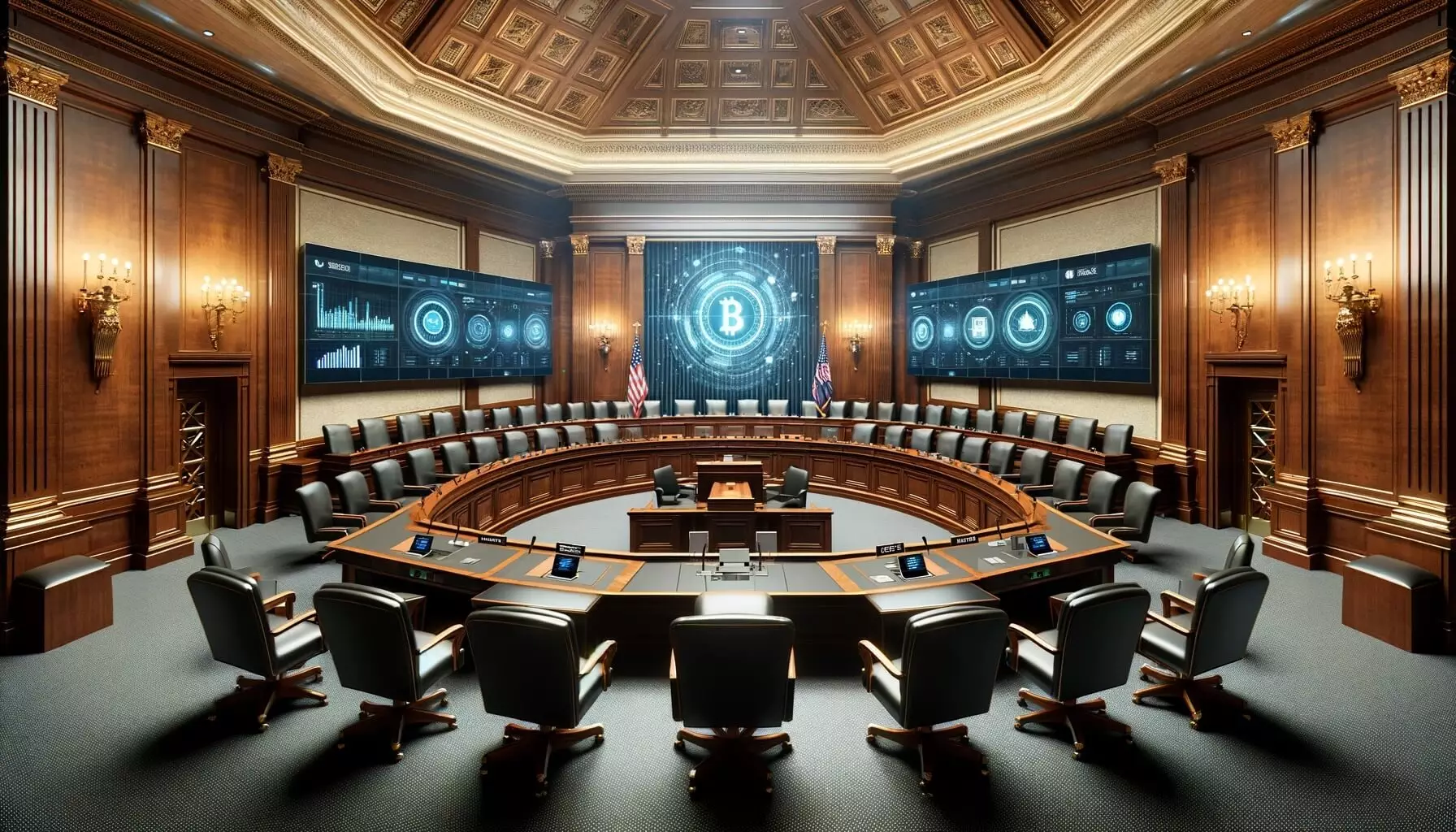The recent attempt by the US House of Representatives to overturn President Joe Biden’s veto and rescind SEC Staff Accounting Bulletin (SAB) 121 has ended in a failure. The numbers were close, with 228 House members voting in favor of HJ Res. 109 to end SAB 121, 184 against, and 21 abstaining. Although this represents majority support for rescinding the bulletin, it falls short of the two-thirds majority needed to counter a presidential veto. Notably, some Democrats, including Dean Phillips, Mikie Sherrill, and Marc Veasey, changed their votes to oppose the end of SAB 121, while others like Jonathan Jackson, Ro Khanna, Tom Suozzi, and Shri Thanedar changed their stance in favor of rescinding it. Republican Drew Ferguson also changed his vote from no to yes in the latest round of voting.
The primary argument put forth by Representative Mike Flood, the original proponent of the resolution, is that SAB 121 is not a political issue but simply a bad regulation that hampers banks’ involvement in digital asset custody. Flood believes that the SEC overstepped its authority in defining bank custody policy, causing unnecessary restrictions in the growing digital financial landscape. He expressed disappointment at the failed vote but vowed to explore other avenues to eliminate SAB 121 and foster the development of the digital financial future.
House Financial Services Committee Chairman Patrick McHenry openly criticized President Biden’s veto, accusing the administration of prioritizing politics and bureaucracy over the interests of the American people. McHenry’s remarks reflect a sentiment among some lawmakers that the veto was a setback in the quest to abolish SAB 121 and promote a more favorable regulatory environment for digital asset custody.
The Blockchain Association and the American Banking Association have both voiced their opposition to SAB 121, citing its hindrance to bank adoption of digital asset custody services at scale. The Blockchain Association has committed to challenging the SEC rule through various means, including congressional action and legal proceedings. The American Banking Association has echoed similar sentiments, emphasizing the need to overturn SAB 121 to enable banks to offer digital asset custody services more effectively, including facilitating the adoption of Bitcoin ETFs and tokenization.
The battle over SEC Staff Accounting Bulletin 121 continues to be a contentious issue in the financial and regulatory landscape. While the recent House vote fell short of overturning the bulletin, proponents of its rescission remain steadfast in their efforts to address what they perceive as a regulatory barrier to the growth of digital financial services. The coming months will likely see further debate and action on this front as stakeholders strive to shape the future of digital asset custody and regulation.

